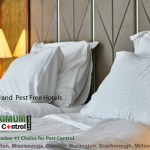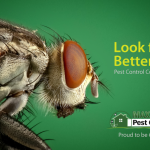
How to Choose the Right Pesticide
Most residents we serve removing pests throughout Southern Ontario do not really understand what pesticides are all about. Most home and business owners’ knowledge about pesticides usually come from Mortein DIY Insect Control Bomb or Raid Pest Exterminator Bug & Insect Bomb sold over the counter.
Professionally trained and licensed pest control companies such as Maximum Pest Control Services understand pesticides on another level, because we must when serving our valued clients throughout Oakville, Milton, Burlington, Scarborough, Hamilton, Mississauga Southern Ontario Canada eliminating pests and removing wildlife. We’ll try to keep our advice regarding pesticides as simple as possible because honestly ‘Pesticides’ covers a wide range of elements one must be familiar with.
What are Pesticides?
In simply terms Pesticides are made up of natural and also chemical substances that is used to control pests.
Pesticide is an umbrella term that encompasses all of the following: herbicide, insecticides, termiticides, nematicide, piscicide, avicide, rodenticide, molluscicide, bactericide, insect repellent, animal repellent, lampricide, fungicide, and antimicrobial.
Difference Between Rodenticide & Pesticides?
This we believe is the most confusing part related to controlling pests, basically, Rodenticides are pesticides that kill rodents particularly used when exterminating rats and mice. We must also realize that the term Rodents are given to diverse set of mammal species that may require pest control (e.g. rats, mouse, squirrels, woodchucks, chipmunks, porcupines, nutria, and beavers). Keep in mind that Maximum Pest Control Services also offers Wildlife Control and Removal solutions.
The word ‘Rodents’ comes from Latin rodere which means ‘to gnaw’. Without thorough control, rats and mice can damage crops, eat away wiring throughout the property, transmit diseases, and in some cases bite humans causing serious health problems. For professional pest control and treatment nearby Oakville, Milton, Burlington, Scarborough, Mississauga, Hamilton Southern Ontario simply get in touch with your new pest control company.
Why Is It Wise to Seek Professional Advice When Handling Pesticides?
As we’ve mentioned previously, most peoples understanding of Pesticides come from DIY Insect & Pest Control solutions sold over the counter. Our professional advice to all our valued clients as well as website visitors is that whenever you are dealing with pest problem, seek professional advice from your local pest control company.
You now know that when handling pesticides, you are dealing with many different natural and also chemical substances. Although all pesticides sold within jurisdiction of Canada must include safety and caution labels, when mixing (especially incorrectly formulation or accidental misapplication) any type of pesticides, you risk exposing yourself and your surrounds to serious and hazardous outcomes (which can also include severe burns). Once again, seek professional advice when handling pests and pesticides. Learn more about Pesticide safety here.
Pesticides for Residential and Commercial Pest Control Application
When pest infestation occurs, controlling pests at home or in the office can be cumbersome because their numbers can quickly get out of hand. There might be an infestation of cockroaches or ants behind the walls or mice and rats chewing away, worse yet, termites eating away properties structure, the list can go on.
If you’re a handyman or have previous experience handling pests, you may win the battle. But sometimes, the enemy "PESTS" can easily outnumber you. Insects and pests are highly evolved organisms, equipped with advanced sensory biology usually lurking around the dark when humans aren’t present. Because they know, if the property owner sees them, they are in trouble.
When dealing with pest problem in a residential or commercial settings, pesticides are used to impair, prohibit, limit movement, and kill pests pestering your property. Before pesticides are applied:
Thoroughly Investigate the Area
When controlling and exterminating any type of pests, and before you apply any type of pesticides, it’s time to plan your action of attack. This begins with thoroughly inspecting in and around your property looking for signs and clues about which pest species might be dwelling as well as the level of infestation.
Although most people actually see an odd cockroach or mice running around the floor before taking action, it’s always wise to have regular pest inspection and maintenance plan. In residential and commercial settings, look for their presence by closely looking at the evidence such as spider web, Nymph, small cracks where they shouldn’t be, insect or animal droppings, discoloration, shredded material. All of which can indicate pest infestation. Naturally, the more you find can mean full blown infestation stage.
When you are dealing with garden insects and pests, look for damaged leaves, wilted plants or that shiny snail pathway. Investigating the garden allows you to weigh up the situation as to ask yourself "am I dealing with fungus or an insect, and, do I need to use chemicals like insecticides". For small gardens, we strongly advice our valued clients not to use pesticides but rather find organic pest control solutions.
Study Your Enemy
Never underestimate your enemy, for doing so can double their strength. Once you have identified what pest species you are dealing with, you need to learn about them by studying them thoroughly.
Learn about their behavior, food choices, living spaces, and the stages of lifecycle. For example: female bed bugs after mating lay white oval eggs, rats and mice have litters where as cockroaches go through three stages of life from an egg to nymph to an adult cockroach.
Once you have identified the pest species, its time to take action. Always think of your end game, which obviously is to eliminate the current infestation and not have pest problems in the future. Accordingly, now is a great time to purchase your pest control treatment solution. Knowing there is no cure-all pesticide. Instead, for controlling rodents, you’d apply Rodenticide. Controlling insects, you’d apply insecticides. For controlling Termites, you’d apply termiticides so on and so forth.
Read the Label and Instructions for Use
When choosing a pesticide to apply, always read the label. No really, always read the label thoroughly.
At times, depending on which pesticides you have, the label may contain markings such as DANGER and or CAUTION. Make sure to spot them. Chemicals labeled with DANGER are more toxic than those with CAUTION labels. Know what chemicals are contained in the package because some might contain substances that could trigger health issues for humans such as asthma and other respiratory illnesses.
When Mixing Pesticides: always be cautious whenever you mix any type of Pesticides and or Rodenticide. Whenever you are unsure talk to licensed technicians
Make sure that the pesticide you purchase suits your specific needs. Keep in mind that some pesticides don’t have a long shelf-life, as a result storing them might pose a hazard. Read and follow the instructions of use. Never dispose pesticide down the drain. Always dispose any left over pesticide according to local laws.
Important: always apply the right pesticide and right amount according to the level of infestation. Understand that some pesticides are designed to kill a specific pest, insect or bug. Knowing what pest and the level of infestation will ensure you save time and money. Living in or nearby Mississauga, Oakville, Milton, Burlington, Hamilton, Scarborough and need advice about pest control?




